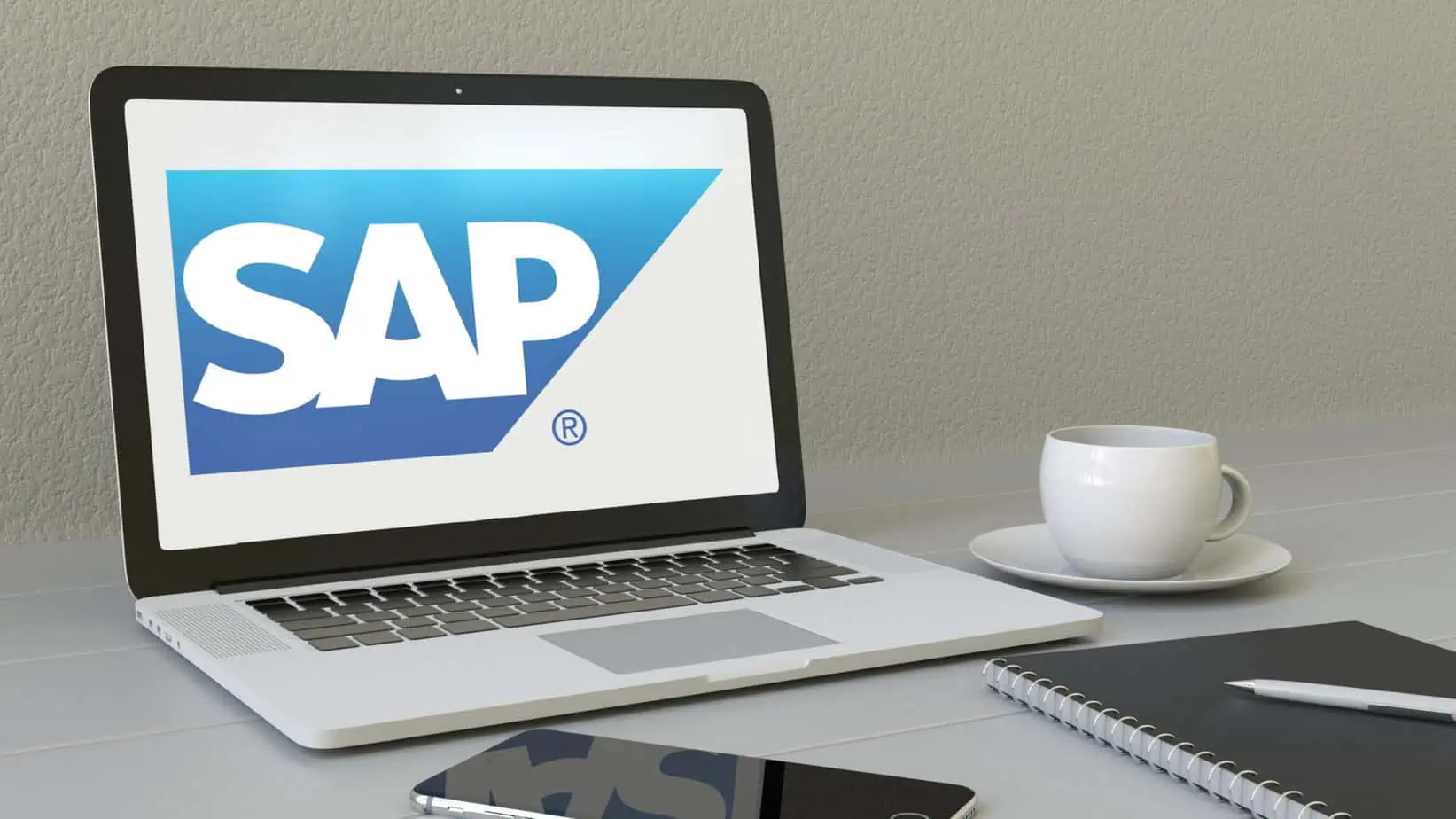Even if it may seem like ERP solutions aren’t necessary in the beginning, it is a known fact that businesses require them over time. As a result, many software-providing companies have developed ERP software to meet the high demand across all industries.
NetSuite ERP and SAP are two of the most popular ERP solutions on the market. However, both solutions have key differences that provide them with a competitive advantage in certain situations. Understanding how they differ from each other will help you decide which is best for your business.
In this article, we’ll discuss their many differences including their origin, features, and characteristics.
NetSuite Vs SAP – Quick Overview
In the world of business, NetSuite ERP and SAP are two very popular solutions. However, their approach to the ERP space is quite different:
NetSuite ERP is a cloud-based business management solution that increases the efficiency of businesses by automating important processes and providing accurate real-time insight into all aspects of a business.
Meanwhile, SAP provides software tools that help businesses process data, improve information flow across departments, and manage inventory all at the same time.
NetSuite Vs Sap – Side-by-side Comparisons
Having seen the overview of their differences, let’s take a look at how the two solutions started, their characteristics, and their features:
Differences of Origin
While NetSuite and SAP share many similarities, their differences begin with the way they are designed.
Compared to NetSuite, SAP is older. SAP was founded in 1972, while NetSuite ERP was launched in 1998. One of the reasons for the difference in design between the two companies is the age difference between them.
NetSuite has always been a cloud-based company. Originally, it was a cloud-based accounting solution when it was introduced in 1998. Later, in 2005, it launched a cloud-based CRM application.
In contrast, SAP was not always a cloud-based business. Clients had to set up their own server infrastructure to use SAP solutions. Cloud-based deployment eventually occurred, but only in 2012, years after NetSuite’s cloud-based services had already been launched.
Because of this, NetSuite has a deeper understanding of cloud-based solutions and has become a leader in the industry. It took SAP a longer time to adapt to being cloud-based because it was not initially designed for that purpose.
Differences in Characteristics
The overall characteristics of NetSuite and SAP differ primarily in the following ways:
Integration
NetSuite can integrate software solutions from multiple vendors. This makes it possible to team the ERP software with other applications that a business uses, which is done through the use of add-ons.
SAP offers integration as well, but its add-on selection is more limited than NetSuite’s.
Customization
Both software solutions offer customization. This is important since it will improve the efficiency of the software. Some users claim SAP has the more intuitive dashboard, but that can come down to personal preference.
Updates
Updates are generated automatically by NetSuite, but users cannot control when and how they are applied. SAP users, on the other hand, can schedule their updates.
Differences in Features
There are also differences in the features that both solutions provide. These can be summarized by the table below:
| Product | NetSuite ERP | SAP |
| Ecommerce Features | Point of SaleOrder of inventoryProduct Content Management | Endpoint configurationUser ManagementCentralized loggingAutomated provisioning |
| Financial Management Features | Accounts PayableRevenue RecognitionSubscription BillingAccounts ReceivableMulti-Company & ConsolidationForecasting & BudgetingFinancial Planning using NSPBGeneral LedgerMulti-currency/multi-tax, multi-languageFixed Assets | General LedgerAccounts Payable/ReceivableMulti-currencyLocalizationBudgeting |
| Native Supply Chain Features | Order ManagementInventory ManagementProduct Management | Order ManagementInventory ManagementProduct Management |
| Native Human Capital Features | Employee CenterPayrollHuman Resource Management | Requires SuccessFactors |
| Professional Service Automation Features | Product ManagementResource ManagementTimesheet ManagementExpense ManagementField Service and Repair(Third Party App Needed) | Product ManagementResource ManagementTimesheet ManagementExpense ManagementField Service and Repair |
The Importance of Choosing the Right ERP Solution
Having so many options can be overwhelming for the decision makers of a company.
Choosing an ERP provider is easier than ever before thanks to online searches, but there are reasons why more care should be taken.
An incompatible ERP solution can result in an issue with the cost of the service. In some cases, the price of ERP software may not be compatible with an organization’s earnings.
Additionally, the wrong ERP system may not provide all the information necessary for a smooth operation. This will lead to users fumbling in the dark and making errors that the software was intended to prevent.
In addition, different industries require different kinds of ERP software. Businesses in certain industries have found success with specific kinds of ERP software. That’s why examining the systems your competitors use is important.
Finally, the process of selecting an ERP can also influence the choice of employees. Software should be paired with people who can bring out the best in it, and vice versa.
Which Solution is Right for Your Business?
There’s more to selecting the right solution for a business than just choosing one. Every business has its own unique requirements. You should start by determining what kind of business you have. SAP might be the preferred choice for manufacturing companies, while NetSuite is more common for financial institutions.
Other factors to consider are the kind of updates needed, the degree of customization required, and how much integration will be needed to get the ERP solution working effectively.
Due to these factors, a business may require professional assistance to select the best ERP software for them.
Conclusion
Comparing the strengths and weaknesses of two big players is common in any industry. For the ERP sphere, that means comparing what NetSuite and SAP offer, and how they differ from each other. There is, however, no universally best option, as each has features and characteristics that may be better suited for some industries.
Both NetSuite ERP and SAP have their merits and drawbacks. For any business, the right model should be determined by its design, goals, and resources.

